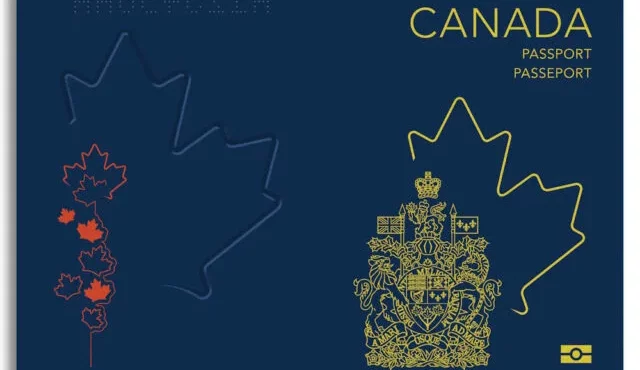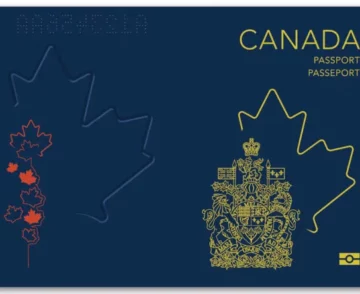
Second Generation Born Abroad – Should you do an Interim Application or wait until Bill C-3 Comes into Force?
Posted on 25/11/2025
Update: As previously announced, the new citizenship rules for Canadians born or adopted abroad are now effective as of December 15, 2025. A Canadian parent born or adopted abroad can now pass on citizenship to their child born or adopted outside Canada, either now or in the future. To do so, they must prove at the time of application that they have resided in Canada for three years before their child’s birth or adoption.
The 2025 Canadian Federal Election and Bill C-3
Following the resignation of former Prime Minister Justin Trudeau and the prorogation of parliament in early 2025, Mark Carney became the new Liberal leader. Prorogation resulted in all outstanding bills being removed from consideration, requiring them to be re-introduced as new bills in the next session of parliament. As a result, Bill C-71—which was initially introduced in May 2024 in response to the Ontario Court of Appeal’s December 2023 ruling that declared the second-generation born abroad limit unconstitutional—was replaced by Bill C-3. Bill C-3 was introduced in June 2025 and subsequently enacted on November 20, 2025.
Comparison of Bill C-3 and Bill C-71
Bill C-3 and its predecessor, Bill C-71, are functionally very similar. Both pieces of legislation:
- Remove the first-generation limit on citizenship that was introduced in April 2009.
- Restore citizenship to individuals born abroad before Bill C-3 comes into force, provided they have Canadian parent(s) who were also born abroad. The goal is to grant automatic citizenship to these individuals, as they would have been citizens if not for the first-generation limit implemented in 2009.
- Establish a forward-looking framework for children born abroad after Bill C-3 comes into effect, who have a Canadian parent also born abroad. In these cases, the Canadian parent, as a first-generation-born-abroad citizen, must meet “substantial connection” requirements.
- Clarify certain requirements for children adopted abroad.
The main distinction is that Bill C-71 was never enacted due to the prorogation of parliament and the subsequent federal election. Therefore, Bill C-3 is the relevant legislation moving forward, and it is the focus of this discussion.
Interim Measures at IRCC
Bill C-3 hadn’t yet (and hasn’t yet as of late November 2025) “come into force”. Prior to Bill C-3 officially coming into force, interim measures were established by Immigration, Refugees and Citizenship Canada (IRCC). These measures allowed individuals to apply for a Canadian Citizenship Certificate (Proof of Citizenship) using IRCC form 0001. As of late November 2025, interim applications remain valid and will continue to be considered by IRCC once Bill C-3 comes into effect in the near future.
Considerations When Applying for Proof of Canadian Citizenship
Applying for Proof of Canadian Citizenship now may be the best option, especially since there is likely to be a surge in applications to IRCC once Bill C-3 is enacted. However, there are several important factors to keep in mind before proceeding.
Timing of Application and the Substantial Connection Test
If you are considering submitting your application immediately, your child was born before Bill C-3 comes into effect. In this scenario, the substantial connection test may not apply to your situation. Still, if the Canadian parent is currently residing outside of Canada, it is advisable to collect evidence demonstrating their substantial connection to Canada, in case IRCC officials request it.
Evidence of Substantial Connection
For children born abroad on or after the date Bill C-3 comes into force, the Canadian parent(s) must prove a substantial connection to Canada. This means providing evidence that the parent born abroad has lived in Canada for at least 1,095 days (three years) as a legal resident and citizen. Examples of acceptable evidence could include:
- School transcripts or diplomas
- Employment records, such as pay stubs
- Leases or utility bills
- Copies of Canadian passports, showing entry and exit dates
- Tax records
Retroactive Applications
Applications for children born abroad before Bill C-3 takes effect, sometimes referred to as “retroactive applications,” reportedly do not require parents to prove substantial connections to Canada. Nevertheless, it may still be prudent to gather some of the evidence listed above, just in case it is requested by IRCC. Currently, it appears unnecessary if the second-generation child was born abroad before the law changes.
Potential Adjustments and Submitting Additional Evidence
There is a possibility that details regarding adoption requirements, time limits, or other criteria may change once the full provisions of Bill C-3 are finalized and enacted. If you apply now, you may be asked to provide further documentation later. However, most indications suggest that interim applications will remain valid, so resubmission should not be required.
Should You Apply Now or Wait?
Ultimately, waiting until Bill C-3 is fully in force will provide clarity about the final rules and requirements for Proof of Citizenship. Applying now, on the other hand, may lead to requests for more information from IRCC. If you are not in a hurry, waiting may be the best course of action. However, if you need to establish your Canadian citizenship quickly—for example, to access lower tuition fees at a Canadian university, or for employment or travel purposes—it is advisable to apply as soon as possible. In either case, it is wise to have some documentation showing substantial connection to Canada ready, just in case it is needed.
Posted in News Tips and tagged Canadian Citizenship, Second generation born abroad




